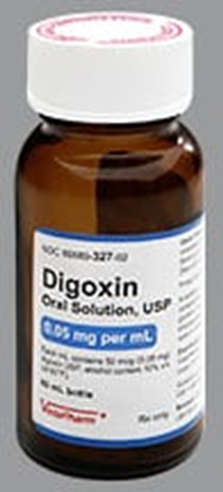A nurse is caring for a client who is receiving treatment for cancer and is experiencing stomatitis. Which of the following actions should the nurse take to help manage the condition?
Provide an alcohol-based mouthwash.
Minimize the use of gravies and sauces.
Recommend consumption of cold items.
Discourage drinking with a straw.
The Correct Answer is C
Choice a is not correct because providing an alcohol-based mouthwash is an action that the nurse should avoid when caring for a client who has stomatitis. Alcohol can dry and irritate the oral mucosa and worsen the condition.
Choice b is not correct because minimizing the use of gravies and sauces is not an action that the nurse should take to help manage stomatitis. Gravies and sauces can help moisten dry foods and make them easier to swallow for a client who has stomatitis.
Choice d is not correct because discouraging drinking with a straw is not an action that the nurse should take to help manage stomatitis. Drinking with a straw can help prevent contact between fluids and sore areas of the mouth and reduce pain for a client who has stomatitis.
Nursing Test Bank
Naxlex Comprehensive Predictor Exams
Related Questions
Correct Answer is B
Explanation
Choice A reason: Blurred vision is not an expected side effect of digoxin, but a sign of digoxin toxicity, which requires immediate medical attention.
Choice B reason: This is the correct answer because digoxin can cause hypokalemia (low potassium levels), which increases the risk of digoxin toxicity. Therefore, clients taking digoxin need to have their potassium levels monitored regularly and consume foods rich in potassium.

Choice C reason: Antacids can interfere with the absorption of digoxin and reduce its effectiveness. Clients taking digoxin should avoid taking antacids within two hours of taking the medication.
Choice D reason: Weighing oneself every other day is not related to digoxin therapy, but to fluid balance. Clients with heart failure, who are often prescribed digoxin, need to monitor their weight daily and report any significant changes to their health care provider.
Correct Answer is A
Explanation
The correct answer is A:
Choice A reason:
Replace the unit when the drainage chamber is full. This ensures continuous, effective drainage. A full chamber cannot collect more fluid, risking system compromise and patient safety.
Choice B reason:
Pinning the tubing to the bed sheets is incorrect because it can cause kinks in the tubing, leading to obstruction of drainage and potential complications.
Choice C reason:
Monitoring for at least 150 mL of drainage every hour is not a standard practice. Normal chest tube drainage is variable; excessive drainage, such as 150 mL/hour, could indicate a serious condition like hemorrhage.
Choice D reason:
Clamping the tube routinely for 30 minutes every 8 hours is not recommended. Clamping may be done during tube removal or to check for air leaks but doing so routinely can lead to tension pneumothorax.
Whether you are a student looking to ace your exams or a practicing nurse seeking to enhance your expertise , our nursing education contents will empower you with the confidence and competence to make a difference in the lives of patients and become a respected leader in the healthcare field.
Visit Naxlex, invest in your future and unlock endless possibilities with our unparalleled nursing education contents today
Report Wrong Answer on the Current Question
Do you disagree with the answer? If yes, what is your expected answer? Explain.
Kindly be descriptive with the issue you are facing.
